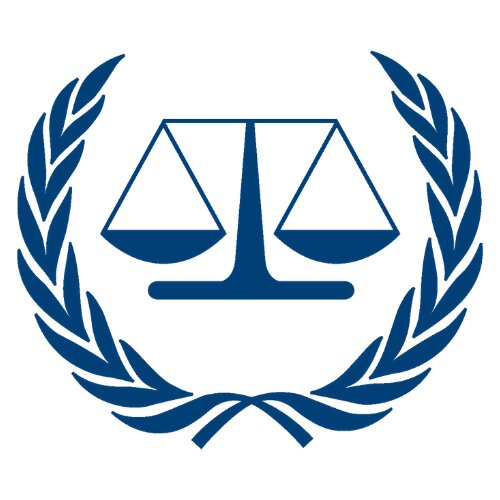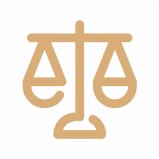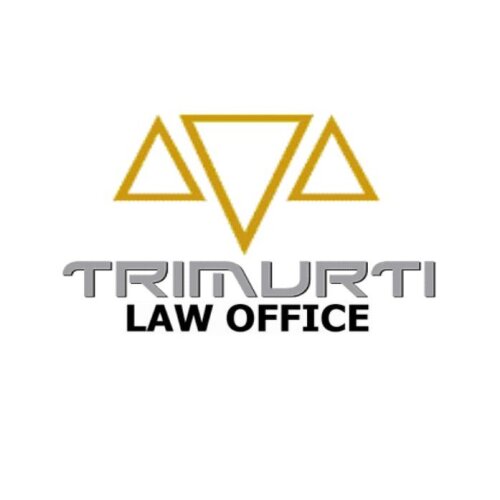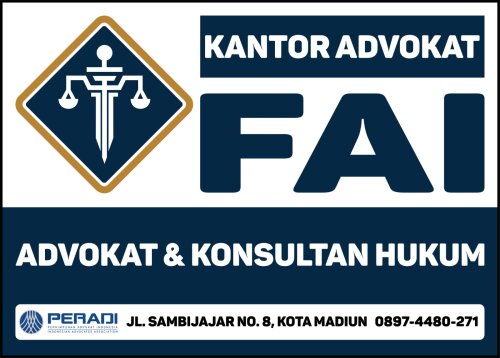Best Collaborative Law Lawyers in Jakarta
Share your needs with us, get contacted by law firms.
Free. Takes 2 min.
Free Guide to Hiring a Family Lawyer
List of the best lawyers in Jakarta, Indonesia
About Collaborative Law in Jakarta, Indonesia
Collaborative Law is a legal approach that focuses on resolving disputes through negotiation and cooperation rather than litigation. It is an alternative dispute resolution method that allows parties to work together with trained professionals to find mutually beneficial solutions.
Why You May Need a Lawyer
While Collaborative Law promotes cooperation, having a lawyer by your side is essential to protect your rights and interests. Some common situations where you may require a lawyer in Collaborative Law include:
- Divorce or separation
- Child custody and visitation issues
- Property division
- Business disputes
- Family conflicts
A lawyer can guide you through the process, advocate for your needs, and ensure that the final agreement is fair and legally binding.
Local Laws Overview
In Jakarta, Indonesia, Collaborative Law is governed by the Law of the Republic of Indonesia Number 2 of 2015 concerning Amendments to Law Number 30 of 1999 concerning Arbitration and Alternative Dispute Resolution. This law provides the legal framework for Collaborative Law and recognizes its effectiveness in resolving disputes. The Jakarta Bar Association also plays a role in regulating and promoting the practice of Collaborative Law in the city.
Frequently Asked Questions
1. How does Collaborative Law differ from traditional litigation?
Collaborative Law focuses on cooperation and reaching mutually beneficial solutions, whereas traditional litigation involves resolving disputes through court proceedings. Collaborative Law aims to minimize conflict, maintain privacy, and preserve relationships, while litigation can often lead to heightened tensions and adversarial outcomes.
2. Can Collaborative Law be used in all types of legal disputes?
Collaborative Law can be used in various types of disputes, including family law matters, business disputes, and civil disputes. However, it may not be suitable for cases involving significant power imbalances, domestic violence, or criminal matters.
3. What professionals are involved in Collaborative Law?
Collaborative Law involves lawyers representing each party, as well as other professionals such as financial specialists, mental health professionals, and child specialists. These professionals work together to help parties in reaching mutually beneficial agreements.
4. Is the outcome of Collaborative Law legally binding?
Yes, the agreements reached through Collaborative Law are legally binding. Once the parties have reached an agreement, it can be formalized and submitted to the court for approval to ensure its enforceability.
5. How long does the Collaborative Law process usually take?
The duration of the Collaborative Law process varies depending on the complexity of the dispute and the willingness of parties to cooperate. It can typically take several meetings and may range from a few weeks to several months.
Additional Resources
For more information or assistance in Collaborative Law matters, you may find these resources helpful:
- Jakarta Bar Association: https://www.jakartabar.or.id/
- Indonesian Mediation Center: https://www.mediasi.or.id/
- Ministry of Law and Human Rights: https://www.kemenkumham.go.id/
Next Steps
If you require legal assistance in Collaborative Law, here are the suggested next steps:
- Identify experienced lawyers or law firms specializing in Collaborative Law in Jakarta.
- Schedule consultations with potential lawyers to discuss your case and understand their approach to Collaborative Law.
- Choose a lawyer whom you feel comfortable working with and who has a proven track record in Collaborative Law.
- Sign an agreement with your chosen lawyer, outlining the terms and conditions of your collaborative engagement.
- Begin the Collaborative Law process, attending meetings and working towards reaching a mutually acceptable resolution.
Remember, seeking legal advice promptly can help protect your rights and increase the chances of a successful resolution through Collaborative Law.
Lawzana helps you find the best lawyers and law firms in Jakarta through a curated and pre-screened list of qualified legal professionals. Our platform offers rankings and detailed profiles of attorneys and law firms, allowing you to compare based on practice areas, including Collaborative Law, experience, and client feedback.
Each profile includes a description of the firm's areas of practice, client reviews, team members and partners, year of establishment, spoken languages, office locations, contact information, social media presence, and any published articles or resources. Most firms on our platform speak English and are experienced in both local and international legal matters.
Get a quote from top-rated law firms in Jakarta, Indonesia — quickly, securely, and without unnecessary hassle.
Disclaimer:
The information provided on this page is for general informational purposes only and does not constitute legal advice. While we strive to ensure the accuracy and relevance of the content, legal information may change over time, and interpretations of the law can vary. You should always consult with a qualified legal professional for advice specific to your situation.
We disclaim all liability for actions taken or not taken based on the content of this page. If you believe any information is incorrect or outdated, please contact us, and we will review and update it where appropriate.
















